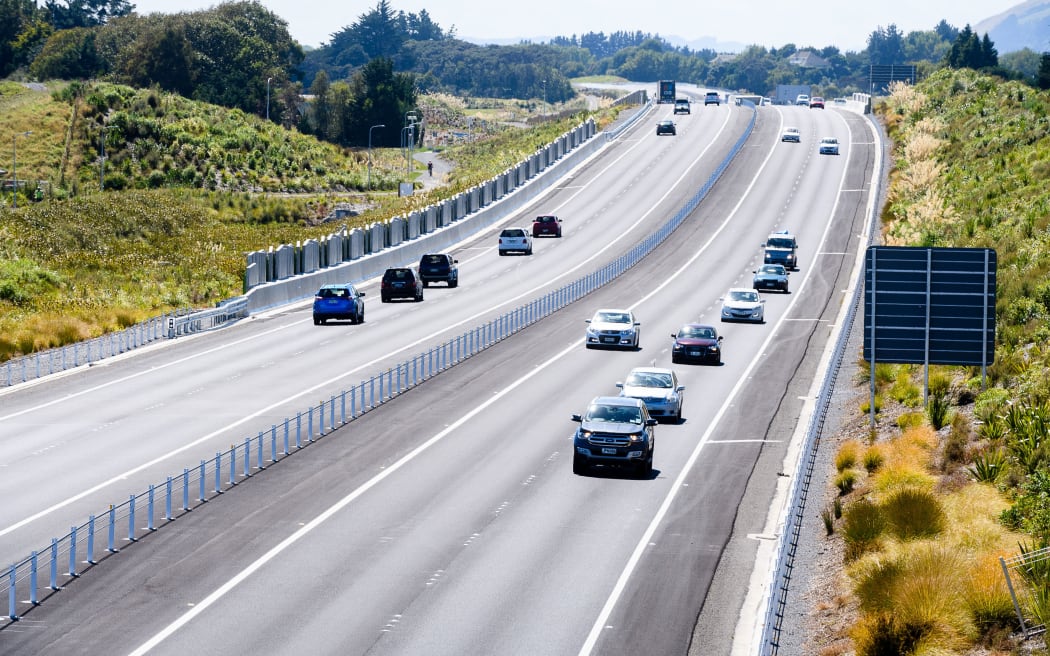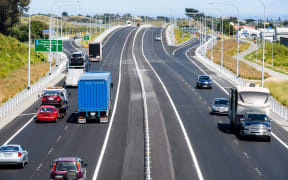The New Zealand Transport Agency's decision to scrap a Kapiti roading project has been criticised by local businesses for being "short-sighted".

The Kāpiti Expressway, which has faced ongoing issues and has been called a failure. Photo: Supplied / NZTA
The Peka Peka interchange was designed to link locals with the Kāpiti expressway.
However, the project - estimated to cost between $22 million and $29m - was canned because it wasn't considered a priority and didn't demonstrate value for money, the transport agency director of regional relationships Emma Speight said.
"The residents in this area will only have a journey of between three and nine minutes to access the expressway once the Peka Peka to Ōtaki section is completed so they will have good access to the expressway," she said.
"We've also had to look at, as we do with every project, we have to identify across the whole country what're the highest priority projects and this project just doesn't demonstrate the benefits at a level that make it fundable."
The government's transport priorites are outlined in the Government Policy Statement (GPS) on Land Transport, with four main priorites: a safer transport network free of death and injury, accessible and affordable transport, reduced emissions, and value for money.
The Kāpiti Chamber of Commerce, which represents 300 members in the region, has called the decision "short-sighted".
Its chair, Heather Hutchings, said it will continue to advocate for the interchange and for a four-lane expressway between Ōtaki and Levin, which the agency announced late last year would be reduced to two lanes.
"We need to look at the big picture, I think they're being very short-sighted - the predicted growth in Kāpiti is big and so going forward, into the future, it's going to be interesting to see whether in five or 10 years time they have to build that interchange and then they turn the expressway from a two-lane into a four-lane.
"Now is is the time for us to make decisions that will have long-term benefits. We need to be thinking about and planning for the future."
Ms Hutchings said that in a recent survey, 31 per cent of the chamber's members believed infrastructure was holding the region back.
A study commissioned by the Kāpiti District Council in 2017 found that spending increased by 22 per cent in the Kāpiti Landing area between February 2017 to the end of 2018.




